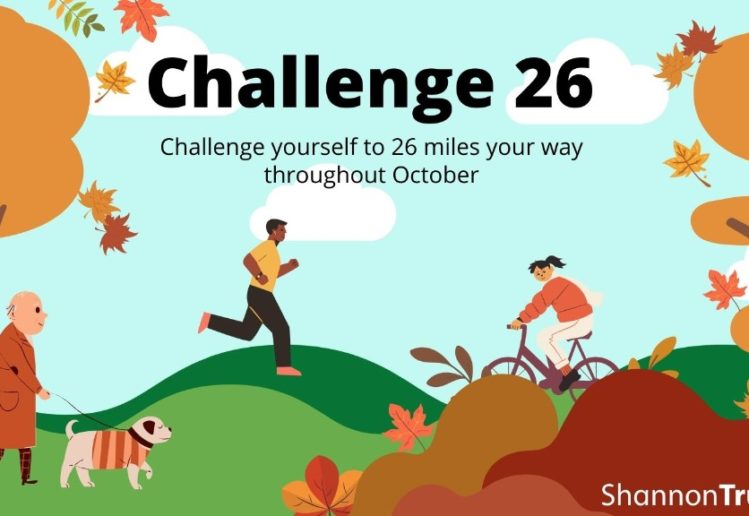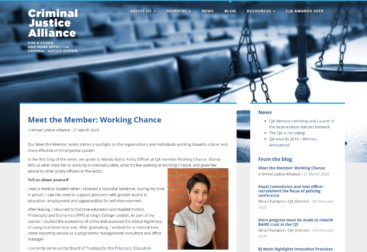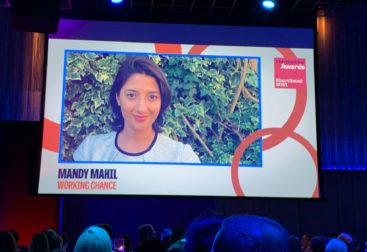Dear Friends,
I’m excited to be fundraising for the Shannon Trust who inspire and train people in prison who can read to teach those who can’t.
A few years ago, through the scheme, I mentored a 45-year-old woman who told me she felt too old to start learning to read. For her, it wasn’t just the frustration of not being able to complete simple forms but also her confusion at not being able to understand her legal letters. It was her feelings of inadequacy of not having English as her first language. It was the shame of not being able to read her daughter’s letters, let alone reply to her.
Learning how to read is one of the most important things someone can do in prison. More than equipping people with life skills, the Shannon Trust generates compassion. It allows people in prison to give others their time constructively, in a way that is hopeful and respectful. It also improves peoples’ prospects – providing new job and education opportunities, so that when people leave prison, they can follow a different path.
The woman I supported still writes to me and her letters are getting longer each time.
I’m going to be running, walking & cycling 26 miles this month in support of the Shannon Trust. Please dig deep and give what you can to sponsor this worthy cause.
Many thanks,
Mundill Mahil
Shannon Trust is a national charity supporting thousands of people in prison a year to transform their lives by unlocking the power of reading.
50% of people that end up in prison either can’t read or struggle to: Their life chances are limited from the word go. Your support means we can help them to learn.
- £8 could provide a learner with their first reading materials
- £32 could provide Turning Pages reading guides and build confidence
- £50 could provide training and resources for prison mentors
- £180 could cover the costs of training a volunteer for a whole year
Learning to read can:
- Reduce re-offending which means safer, stronger communities
- Improve peoples’ prospects – providing new job and education opportunities, so that when people leave prison, they can follow a different path
- Help people in prison be better connected to their families, so they can break the cycle of low literacy with their own children and loved ones








